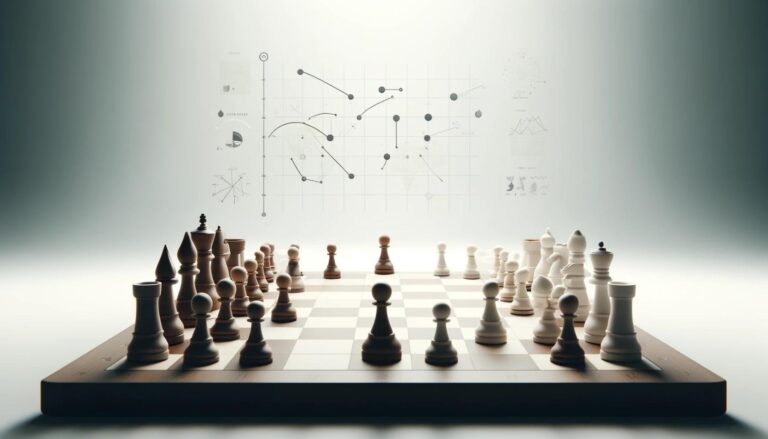The Connection Between Nutrition and Chess Performance
Chess is a mentally demanding game that requires players to constantly strategize and make critical decisions. In order to perform at their best, chess players must have a clear and focused mind. While many factors contribute to a player´s performance, nutrition is often overlooked. However, the food we consume has a direct impact on our brain function and can greatly affect our performance in chess. Let´s delve deeper into the link between nutrition and chess performance.
The Power of a Balanced Diet for Chess Players
A balanced diet is essential for maintaining a healthy body and mind. For chess players, this means consuming a variety of whole foods that provide essential vitamins, minerals, and nutrients. These include complex carbohydrates, lean proteins, healthy fats, and a variety of fruits and vegetables. A balanced diet is crucial for maintaining optimal brain function as it provides the necessary fuel for our brain cells to function properly.
Lean proteins, such as fish, poultry, and beans, are essential for brain function as they provide amino acids that help produce neurotransmitters. These neurotransmitters are responsible for relaying messages between brain cells, crucial for quick decision-making in chess. Healthy fats, like those found in avocado, nuts, and fish, help improve cognitive function and protect our brain cells.
The Impact of Poor Nutrition on Chess Performance
Just as a balanced diet can improve chess performance, eating a poor diet can have a detrimental effect. Consuming a diet that is high in processed and unhealthy foods can lead to brain fog, lack of focus, and decreased mental clarity. Foods high in saturated fats and sugar can also contribute to inflammation in the body, which has been linked to cognitive decline.
Nutrition Strategies for Chess Players
To optimize chess performance, players should focus on incorporating nutrient-dense foods into their diet while minimizing processed and unhealthy options. This can include incorporating more fruits and vegetables, lean proteins, and healthy fats into meals and snacks. It´s also important to stay hydrated by drinking plenty of water throughout the day.
Another strategy that chess players can use is consuming foods that are known to improve brain function. These include blueberries, which are high in antioxidants and can help protect against age-related cognitive decline, and fatty fish, which are rich in omega-3 fatty acids that have been linked to improved cognitive function.

